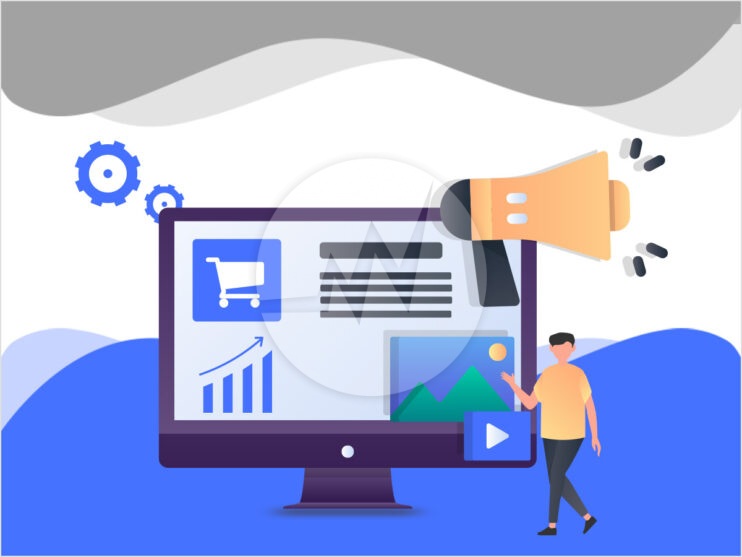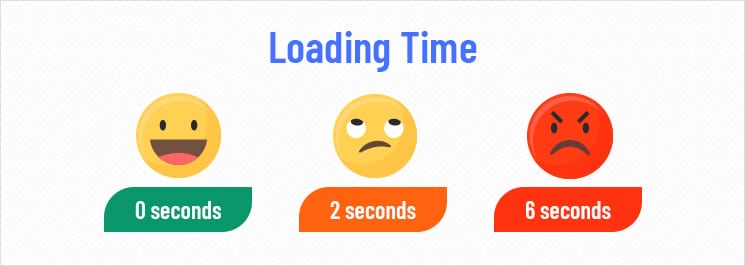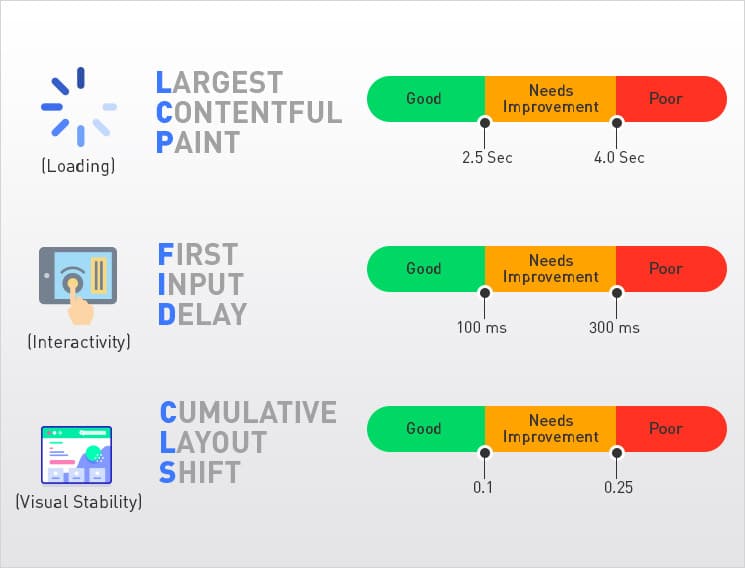Online store marketing – How to boost the traffic on your website?

Online store, but no sales? Do you want to know how you can make your online store more successful?
Traffic is the magic word in ecommerce world. This calculation is easy to understand: if more customers look around the online store, there is also a high probability that more will be sold. The simple formula behind it: If you lose clicks, you also lose sales.
Online store traffic – What is it?
Online stores are commercial websites that can offer goods, services and vouchers from any industry. In the beginning online stores were just “a branch on the network”, today there are enough online stores that are only present on the network. In the meantime, the number of platforms that sell something has increased tremendously. Since the competition on the net is very high, operators of online stores have to fight for the attention of their visitors. As an online store operator, you naturally ask yourself: “How do I win new customers? “
To increase your sales, you need traffic. Website traffic describes the access to your online store. Your goal must be to turn your website into an ecommerce shopping magnet that will magically attract people from other sources such as social media or search engines.
What ways are there to increase traffic for your online store?
Basically, you have to understand the different types of traffic.
Organic Traffic (SEO):
Your online store will be found by search engines without you having to pay for it
Paid search traffic:
You can place PPC advertising so that your online store/your products are displayed for the correct search queries. (Google Ads/Google Ecommerce shopping)
Paid social traffic:
You place relevant advertising on social media for your target group. The difference to search traffic is that your products are not actively searched, but rather pressed on the eye of your target group.
Referral traffic:
These are visitors who come to your products and online store via links from other websites or media.
Social traffic:
Visitors find your online store via social networks.
Direct traffic:
The visitors arrive directly at your site. You already know your company.
Newsletter traffic:
Visitors who click on links in newsletters to get to your site.
People choose online stores based on the following criteria:

How do you get traffic for an online store? – Preparatory phase
You might think that the marketing strategy for an online store is the same as the marketing strategy for a company website. It’s not like this. The strategies and tools are similar, but each type of website has its own characteristics and goals.
Compared to company websites that can generate leads with the help of information content (blog, YouTube channel, newsletter, etc.), the mechanism for online stores is different.
Buyers cannot only be won with SEO. There are several ways to get your target audience’s attention:
- Search Engine Marketing (SEM)
- Social Media Marketing (SMM)
- Email Marketing
In order to use the marketing strategies more efficiently, the online store operator has a sales funnel available. The sales funnel describes the individual stages of a sales process and enables the measurement of quantitative and qualitative key figures from the first customer contact through to conversion into paying customers. This data tells you what to do and when.
Sales funnel
| Step | What the user is doing? | What the online store operator can do? | Dimension |
| Awareness | General information research; Needs identification | SEO, targeted advertising in social media, SEM, price search engines | Website sessions |
| OnPage Optimization | Bounce rate | ||
| Content marketing | Number of readers / subscribers | ||
| Interest | Solution search | OnPage optimization, analysis (share and value of the request) | Leads |
| Email marketing, remarketing | Warm leads and active readers/subscribers | ||
| Preference | Identification of the provider; Comparison of providers and selection; Purchase decision | Offer optimization (conversion → purchase) | sale |
| Loyalty | Information research after purchase; Recommendations | User experience optimization | Repeat sales |
| SMM | Brand image |
You decide what your online store sells, what matters is how you present your offers and how you get more people to the website. So, in this article we are not talking about how to create an attractive offer for your online store visitors.
First and foremost, pay attention to contemporary design and technical aspects.
Technical website analysis
Internet users are familiar with various ecommerce websites and are used to the fact that certain functions such as sorting by price are available and that the loading times are extremely short.
If your online store doesn’t meet these requirements, potential customers will leave your website and buy elsewhere. In such a case, your advertising budget was spent in vain.
According to study, it looks like this:
- 47% of users expect the website to load within 2 seconds
- 40% of people leave the website when the loading time is longer than 3 seconds
- 73% of users do not want to return visit the website if they have to wait a long time for the page to completely load

Google rates a website with the Core Web Vitals report, among other things. These are central elements that determine a website’s user experience.

Largest Contentful Paint (LCP):
Measures the time it takes to load the main content. As an ideal value, the search engine specifies 2.5 seconds or faster.
First Input Delay (FID):
Refers to the time it takes for users to interact with a website, e.g. to click a button. A value of 100 milliseconds or faster is defined by the search engine.
Cumulative Layout Shift (CLS):
This key figure stands for the stability of the website layout and checks, among other things, whether individual layout elements shift during use. An ideal value of 0.1 or lower is defined by Google.
Regular technical analyses should be carried out so that your potential customers do not leave the website prematurely because they do not see your offers quickly enough.
The technical analysis includes the search for possible problems with the functionality that could have a direct impact on user behaviour on the website.
Technical SEO requirements for a successful online stores marketing strategy:
- Short loading times
- Functionality (filter, sorting, search, etc.)
- Correct mobile version of the online store
- Functional, legally compliant analysis tools
- Reliable and high-performance web hosting
- Responsive web design that is continuously adapted to current browsers and devices
Important for SEM:
- Optimal URL structure
- No redirects on landing pages
Important for SEO:
- No duplicate content
- Optimal URL structure
- Avoiding script and CSS errors
If you want email marketing to work, your emails shouldn’t end up in the spam folder. For this the DNS (Domain Name System) of the domain should be configured accordingly. The chances of a successful delivery of your newsletter or service mail (automatic mails after a certain transaction such as purchase, password change, etc.) increase considerably with the right settings.
- DKIM (DomainKeys Identified Mail) is a procedure based on asymmetric encryption and signatures, with which the authenticity of the sent e-mail can be ensured.
- SPF (Sender Policy Framework) – SPF records only allow mails to be sent in the name of a domain for certain IP addresses. This prevents the falsification of a sender address from this domain by spam senders.
- DMARC (Domain-based Message Authentication Reporting and Conformance) is a procedure that is based on SPF and DKIM. A sender gives instructions on how the recipient should handle an email that has failed the SPF or DKIM test. If the recipient of the e-mail applies the specifications defined in the DMARC record of the domain, a consistent check of the authenticity of this e-mail is ensured.
Do you need further support in setting up your online store? We are here for you! If you require to market your online store, search engine optimization for your ecommerce website, please explore our online marketing services. If you are looking for an ecommerce website development, shopping cart development, online store development and web application development, please explore our Ecommerce Solutions! We also provide ecommerce website maintenance services, online store maintenance services and web application security audit. For more information, please visit our Ecommerce Maintenance Services!



